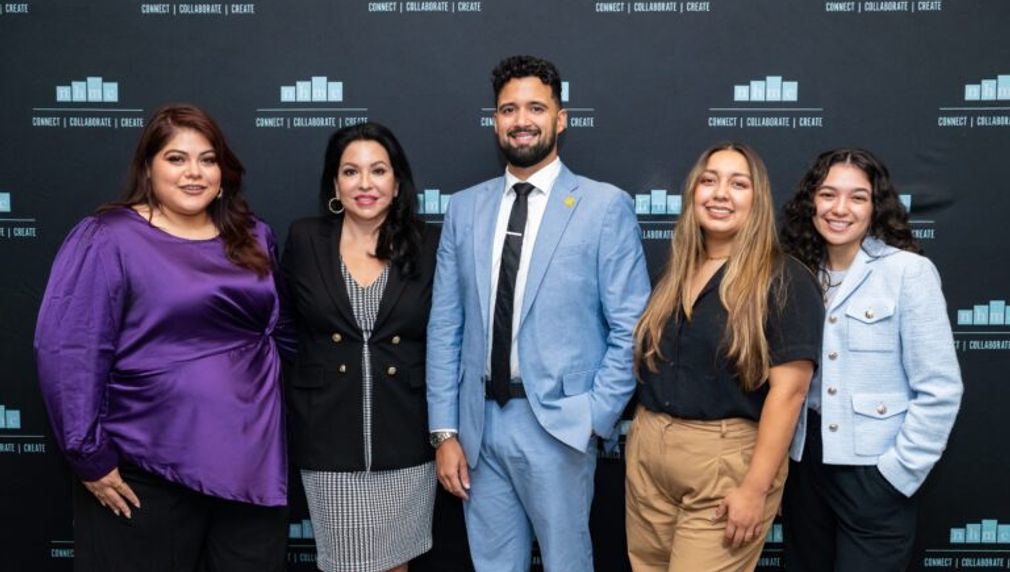Policy & Media Fellowships Workforce Development Program
The NHMC Fellowship Program is a paid, hands-on opportunity to learn about media and policy advocacy that was designed for students and recent graduates. The fellowship includes professional development, mentorship, and technical training to prepare fellows for careers that advance equity, inclusion, and representation. This program empowers the next generation of diverse leaders in Los Angeles to build a more equitable, connected, and creative city.

What is the primary issue area that your application will impact?
Youth economic advancement
In which areas of Los Angeles will you be directly working?
County of Los Angeles (select only if your project has a countywide benefit) City of Los Angeles (select only if your project has a citywide benefit)
In what stage of innovation is this project, program, or initiative?
Expand existing project, program, or initiative (expanding and continuing ongoing, successful work)
What is your understanding of the issue that you are seeking to address?
Latino youth in Los Angeles face systemic barriers, including limited access to policy education, mentorship, and meaningful engagement in telecommunications and media justice issues. Despite representing over 70% of LAUSD students, these communities remain underrepresented in digital policy discussions and advocacy roles. This exclusion limits their ability to influence critical issues like broadband access, media representation, and combating misinformation that directly affect their lives. Without targeted support, these youth miss opportunities to develop skills and leadership necessary to advocate for equitable digital rights and accurate cultural representation. The fellowship addresses these gaps by empowering Latinos to gain policy expertise, engage with decision-makers, and work on projects and campaigns for digital equity and media justice.
Describe the project, program, or initiative this grant will support to address the issue.
The fellowship is rooted in the belief that creating spaces for community members to advocate for their own representation is essential. NHMC offers students and recent graduates, many of whom identify as Latino, BIPOC, first-generation, or from historically underrepresented communities, the opportunity to work on real-world projects advancing digital equity, telecommunications policy, media advocacy, and social justice. Fellows engage in projects focused on combating online hate, increasing Latino representation in media, researching net neutrality, and conducting policy analysis to support equitable access to technology. They conduct in-depth policy research, draft memos and position papers, attend coalition meetings, and help lead advocacy campaigns. They also co-develop NHMC’s toolkits like the Information Fraud Guide and Media guide, write op-eds, support outreach in schools and community organizations, submitting official comments to federal commissions, and support NHMC’s programs and events. Fellows contribute to NHMC’s coalitions on Spanish-language disinformation, gaming, and publishing, helping shape strategy and campaign messaging. They receive technical training and mentorship from established professionals and are encouraged to explore their own passions and creativity to influence NHMC’s work.
Describe how Los Angeles County will be different if your work is successful.
Upon success, the fellowship will equip Latino professionals with the skills and opportunities to lead digital equity and media advocacy efforts in Los Angeles County after the fellowship is over. These future leaders gain skills and connections that can help them in roles that focus on policies that expand broadband access, combat online misinformation, and promote accurate, diverse media representation. By increasing participation in telecommunications policy and advocacy, the fellowship will help close the digital divide and elevate underrepresented voices in media. This will foster a more inclusive and informed community, where digital rights are accessible to all and Latino stories are told authentically.
Approximately how many people will be impacted by this project, program, or initiative?
Direct Impact: 7
Indirect Impact: 1,000